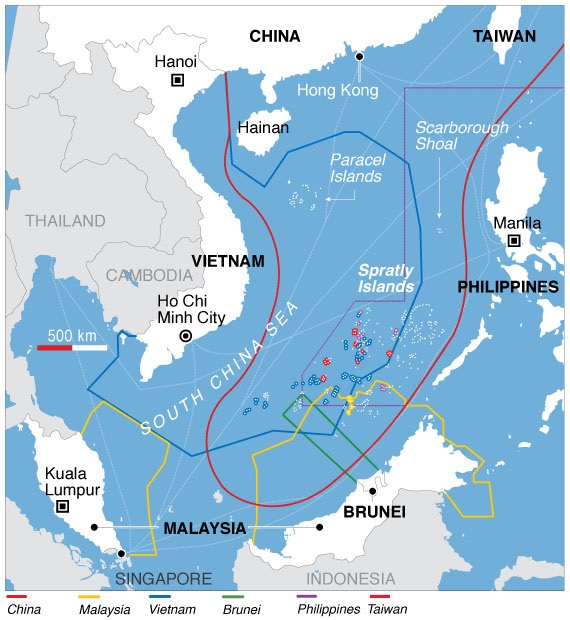The Philippines’ foreign ministry said on Wednesday that the country will extend the Visiting Forces Agreement (VFA), a military pact that allows US troops in the Southeast Asian country on a rotational basis.
Philippine President Rodrigo Duterte announced his plan to terminate the VFA back in February but reversed his decision in June, citing tensions in the South China Sea. The Philippines said the treaty will be temporarily extended for another six months while the two countries work out a more permanent agreement.
Philippine Foreign Affairs Secretary Teodoro Locsin said Duterte decided to extend the VFA to “enable us to find a more enhanced, mutually beneficial, mutually agreeable, and more effective and lasting arrangement on how to move forward in our mutual defense.”
“The past four years have changed the South China Sea from one of uncertainty about great powers’ intentions to one of predictability and resulting stability with regard to what can and cannot be done,” Locsin said.
After Duterte announced his plan to kick the US military out of his country earlier this year, tensions between the US and China ratcheted up due to the coronavirus pandemic. Part of the Trump administration’s efforts to counter Beijing included an increased US military presence in the South China Sea and a change in official policy over the disputed waters.

China, the Philippines, and several other countries have overlapping claims to the South China Sea. In July, the Trump administration formally rejected most of Beijing’s claims to the waters, citing an international tribunal ruling from 2016. The tribunal sided with the Philippines against China over disputed reefs and shoals under the framework of the United Nations Convention on the Law of the Sea, a treaty that outlines a country’s territorial waters and economic zones, a treaty the US has never ratified and is not a party to.
The Obama administration started challenging China’s claims to islands in the South China Sea by sailing warships near them, maneuvers known as Freedom of Navigation Operations (FONOPs). The Trump administration continued the FONOPs, and throughout this year, US aircraft carriers have regularly drilled in the South China Sea.
Joe Biden is not expected to soften Washington’s stance on Beijing’s claims to the South China Sea. During the last presidential debate, Biden bragged about the Obama administration’s tough position on China’s claims to the disputed waters.


